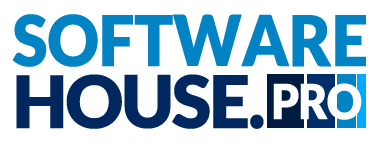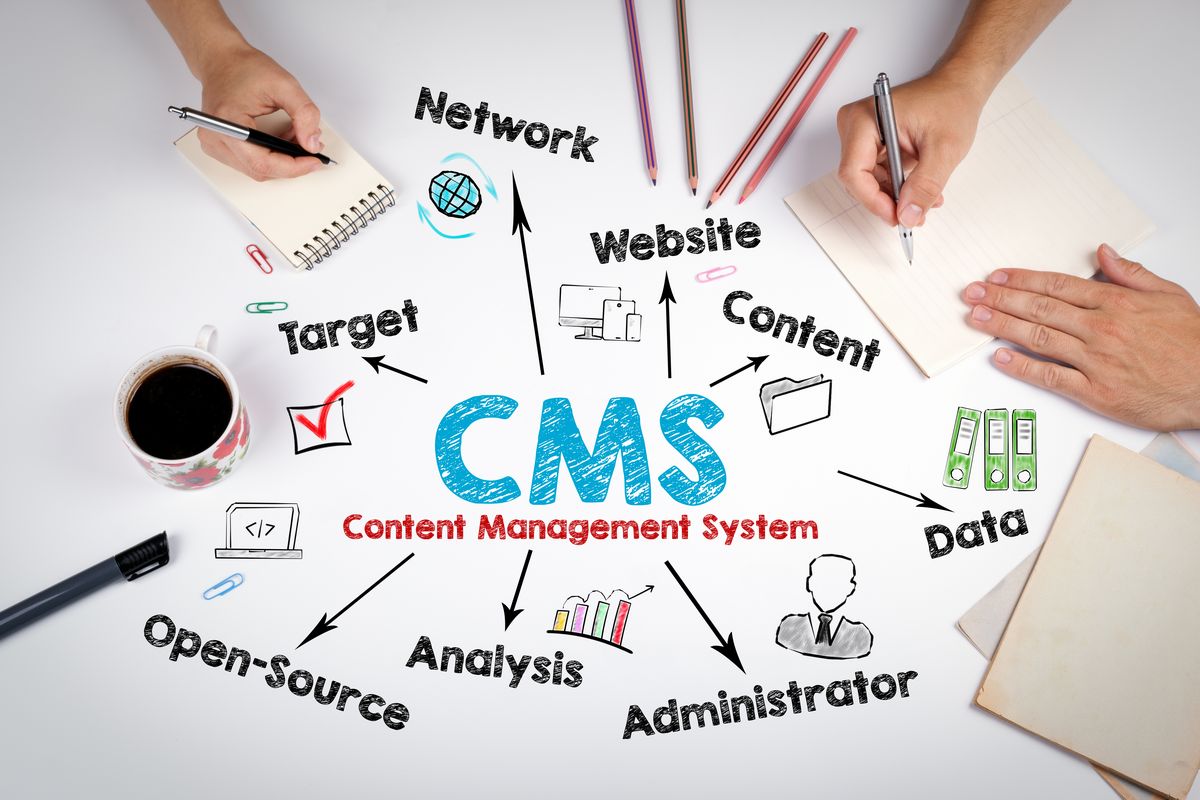When it comes to building a website, selecting the right content management system (CMS) is crucial. Two popular options that often come into consideration are Drupal and WordPress. Both CMS platforms offer unique features and capabilities that cater to different needs and preferences. In this article, we will explore the differences between Drupal and WordPress to help you make an informed decision and choose the CMS that best suits your requirements.
Flexibility and Customization
One of the key differences between Drupal and WordPress lies in their flexibility and customization capabilities. Drupal is known for its robust and highly flexible framework, making it a preferred choice for complex and enterprise-level websites. It offers extensive customization options, allowing developers to create highly tailored and intricate websites with advanced functionalities.
With Drupal, you have full control over every aspect of your website's design and functionality. Its modular architecture enables developers to build custom modules and integrate third-party systems seamlessly. This level of flexibility makes Drupal an excellent choice for businesses that require unique features, such as e-commerce platforms, membership portals, or complex data management systems.
On the other hand, WordPress excels in its simplicity and ease of use, making it a popular choice for small to medium-sized businesses and individuals. While WordPress may not offer the same level of customization as Drupal, it provides a vast library of themes and plugins that allow users to easily customize the appearance and functionality of their websites. WordPress's plugin ecosystem allows for quick and efficient integration of various functionalities, such as contact forms, social media integration, and SEO optimization.
Learning Curve and Ease of Use
Another important consideration when choosing a CMS is the learning curve and ease of use. Drupal, being a more powerful and feature-rich platform, typically has a steeper learning curve. It requires a deeper understanding of web development concepts and may be more suitable for experienced developers or larger organizations with dedicated technical teams.
Drupal's complexity stems from its ability to handle complex projects and its extensive range of features. While this can be advantageous for developers who require complete control over their website's architecture, it may pose challenges for beginners or those with limited technical knowledge. However, Drupal offers comprehensive documentation and a supportive community that can assist users in mastering the platform.
WordPress, on the other hand, is widely regarded as one of the most user-friendly CMS platforms available. Its intuitive interface and straightforward setup make it accessible to beginners and individuals with limited technical knowledge. With its WYSIWYG (What You See Is What You Get) editor, users can create and edit content without the need for coding knowledge. WordPress also provides a vast repository of tutorials, forums, and online resources, making it easier for users to find answers and troubleshoot any issues they encounter.
Scalability and Performance
Scalability and performance are crucial factors to consider, especially if you anticipate significant growth or have high traffic requirements. Drupal, with its advanced caching mechanisms and scalable architecture, is designed to handle complex and high-traffic websites. It offers robust performance even with large amounts of content and heavy user loads.
Drupal's scalability stems from its modular architecture, which allows for easy integration of additional features and functionalities as your website grows. It can handle large databases, extensive user management systems, and complex content structures without compromising performance. Additionally, Drupal's caching mechanisms and optimization options ensure efficient delivery of web pages, enhancing the user experience.
WordPress, while capable of handling moderate traffic, may require additional optimizations or caching plugins to ensure optimal performance for high-traffic websites. However, WordPress does excel in its ability to handle smaller to medium-sized websites efficiently, making it a suitable choice for most businesses. Its simplicity and optimized codebase contribute to its overall performance and speed.

Community and Support
The strength of the community and the availability of support are vital considerations when choosing a CMS. Both Drupal and WordPress have large and active communities, but WordPress has a larger user base and a more extensive support network. This means that finding resources, tutorials, plugins, and themes specific to WordPress is generally easier.
The WordPress community is highly active and vibrant, with countless developers and enthusiasts contributing to its growth. This ensures a constant stream of updates, security patches, and improvements for the platform. The availability of numerous plugins and themes further enhances the user experience and provides solutions for various website requirements.
Drupal, while having a dedicated community, may have a more niche pool of developers and support resources. However, Drupal's community is known for its expertise and commitment to the platform. The Drupal community actively contributes to the development of the CMS and provides valuable support through forums, documentation, and user groups.
In conclusion, the choice between Drupal and WordPress depends on your specific needs and requirements. If you require a highly customizable and scalable solution for complex and enterprise-level websites, Drupal may be the preferred choice. Its flexibility, robustness, and extensive customization options make it an excellent platform for developers and organizations with specific needs.
On the other hand, if you prioritize ease of use, a large community, and a wide range of available resources, WordPress may be the better option. WordPress's user-friendly interface, vast plugin ecosystem, and extensive documentation make it ideal for small to medium-sized businesses and individuals looking for a simple yet powerful CMS.
At SoftwareHouse.Pro, we have extensive experience in both Drupal and WordPress development. Our team of experts can assess your needs and guide you in selecting the most suitable CMS for your project. Contact us today to discuss your requirements and let us help you build a successful online presence.






